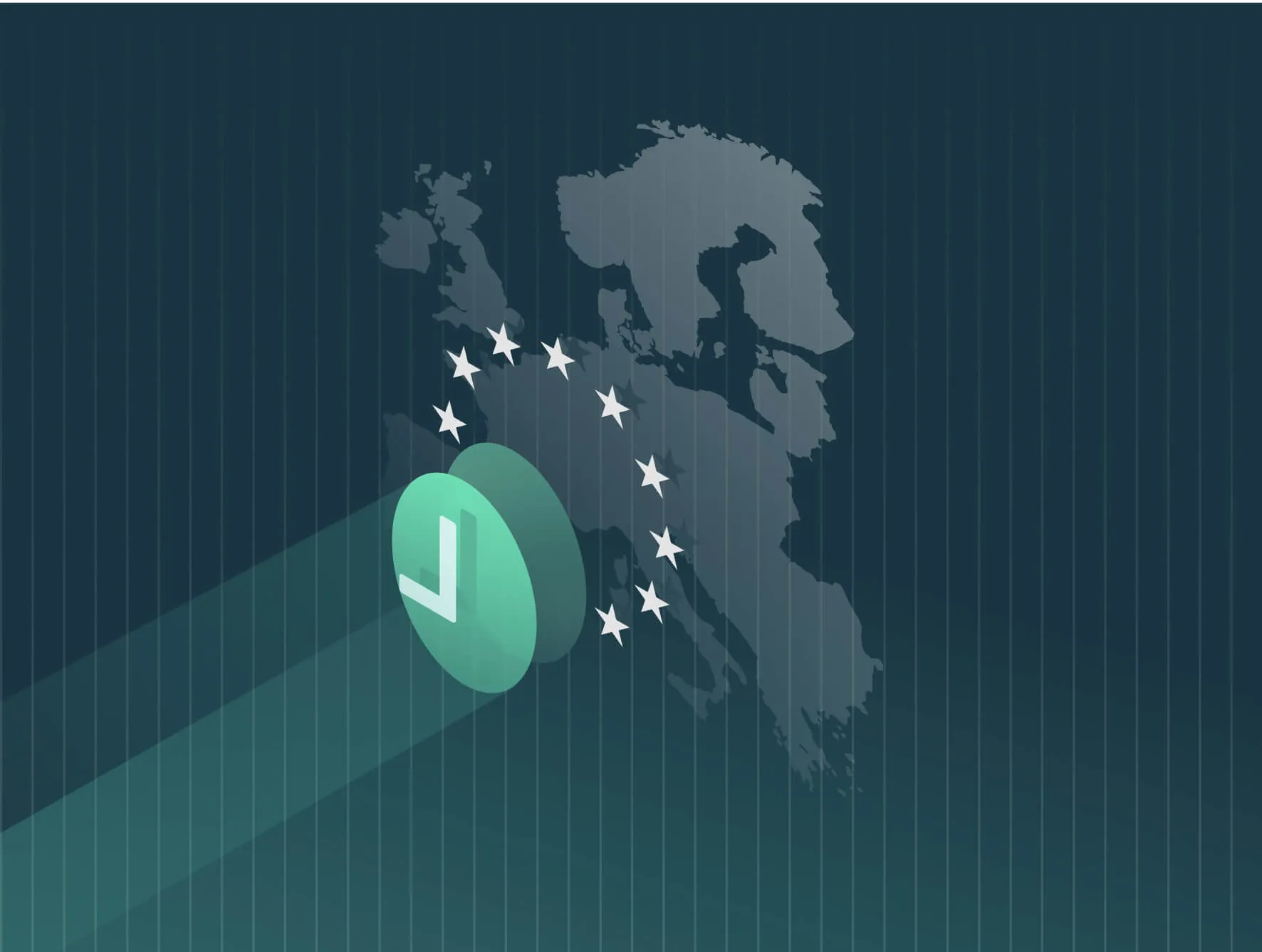In response to the EU Pay Transparency Directive, which requires employers operating in European Union member states to report on pay data, Trusaic will be evaluating the state of each country in the EU’s current gender pay gaps and the path toward compliance.
The impetus for the EU Pay Transparency Directive was to address the 12.7% gender pay gap in the European Union. Portugal’s pay gap is in line with the EU average, at 13.1%.
Currently, all Portuguese employers with more than 50 employees must submit an employee-level pay data analysis annually. Portugal’s equal pay law, which went into effect in 2019, has elements that will be required under the EU Directive.
However, employers with operations in Portugal will need to begin updating their HR policy and practices to prepare for the more in-depth requirements of the upcoming EU Directive.
Quick Action Items for Portugal Employers
Portugal’s Law 60/2018 is among the more comprehensive pay equity laws in the European Union. The law requires employers to go beyond pay data reporting. Applicable organizations are required to implement transparent pay policies with non-discriminatory Wage Influencing Factors.
Additionally, employers are required to develop pay remediation plans for unexplained gender pay gaps. Thus, employers with operations in Portugal should be better equipped than many of their EU counterparts for the upcoming directive requirements.
However, employers will still need to account for several key additional requirements moving forward. These include:
- Providing sufficient salary range information to job candidates. While Portuguese employers have to be transparent about their pay policy, they are not currently required by law to disclose specific salary ranges to employees or applicants.
- Not asking job candidates about their salary history.
- Yearly pay gap reporting and acting when it exceeds 5%.
- Accounting for intersectional discrimination in pay practices and considering needs of workers with disabilities.
As we’ve previously noted, the EU Directive deliberately uses the wider term of “worker” versus “employee” to account for contractors. Portugal law currently only applies to employees. Thus, employers will need to adjust to include contract workers in their reporting.
Employers with operations in Portugal should proactively evaluate their current pay practices and overall compensation philosophy. Employers can lean on pay equity software solutions to expedite this process and determine root causes of potential pay disparities.
In effect, by 2026, all large employers (250+ employees) must report gender pay gaps. By 2031, all smaller employers (100 or more employees) will have to comply.
Portuguese Employers’ Current Requirements
Law 60/2018 introduced the “Barometer of the Pay Gap between Women and Men.” Applicable employers must submit employee-level pay data for analysis by the Ministry of Labor, Solidarity, and Social Security on an annual basis.
The Ministry then publishes detailed information on the gender pay gap broken down as follows:
- Generally and by sector;
- By company, profession, and qualifications.
Women and men are grouped by the same work or work of equal value.
After the pay data has been submitted, the Ministry has 60 days to inform the employer if an evaluation plan is required to rectify gender-based pay inequities. Companies then have 120 days to prepare and submit the evaluation plan, which must demonstrate either that the pay discrepancies are justified or implement measures to eliminate them over a one-year period.
Law 60/2018 also allows employees or union representatives to request the Portuguese Commission for Equality in Labor and Employment (“CITE”) to investigate potential pay discrimination. If pay discrimination is proven, employers are required to address the pay difference within 180 days.
Evaluation plans are submitted to the Authority for Work Conditions (ACT). Enforcement is overseen by the Portuguese Ministry of Labor, Solidarity, and Social Security.
Employers that fail to submit an evaluation plan when required are subject to sanctions and may be prohibited from bidding on public contracts.
Complying with the EU Directive
The EU Pay Transparency Directive was approved in 2023, establishing a clear framework for EU member states to apply the principle of equal pay for equal work or work of equal value.
EU member states have three years from June 7, 2023 to transpose the directive into law. Likely implementation dates are 2026, however, some countries may enact legislation earlier. All 27 member states are required to adopt the directive.
Employers operating in EU member states can take several preliminary steps to ensure compliance with the upcoming legislation. The EU Directive includes a requirement for a Joint Pay Assessment where pay gaps are higher than 5%. Portuguese employers are currently required to provide remediation plans for pay gaps, which will prepare them well for this particular requirement.
However, with an average pay gap of 13.1%, many employers in the nation are currently at risk. Thus, they will need to ensure they have completed a pay equity analysis to understand where any unexplained gaps exist and develop plans to remediate appropriately.
Further, employers with operations in Portugal should reevaluate recruitment processes to comply with salary range and salary history ban requirements. One way to achieve this is to create equitable, explainable, and competitive salary ranges. For example, is the base salary competitive and commensurate with employee skills?
Other items include:
- Pay explainability. Prepare to explain how you differentiate and define performance in setting base salaries. Pay transparency legislation means workers must be given access to criteria used to define salary and pay raises.
- Analyze pay gaps. Identify the causes where pay disparities exceed 5%. If there is no objective justification, we recommend addressing any anomalies to remove those unexplained gaps.
- Intersectional pay equity audit. Intersectionality is essential to close the gender pay gap. It recognizes that individuals can experience discrimination and inequality based on the intersection of multiple identities, such as race, gender, disabilities, age, and more. As noted above, intersectional discrimination is defined in the EU Transparency Directive.
Trusaic is GDPR compliant and can assist any organization in any EU state in meeting its obligations under both the EU Corporate Sustainability Reporting Directive and the EU Pay Transparency Directive.









